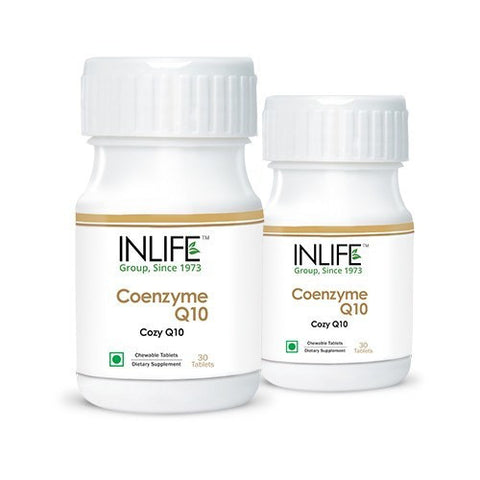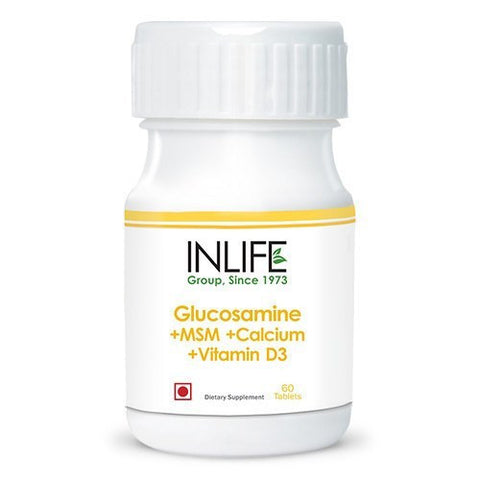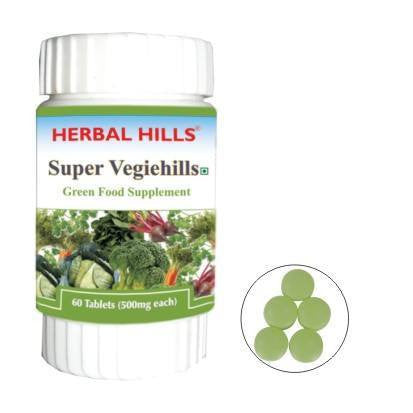
A sprig of parsley adds delicious taste and vibrant color to the food. More than often the wonderful healing properties of parsley are often ignored for its popular role as a food garnish. It is native to the Mediterranean region of Southern Europe and derives its name from the Greek word meaning "rock celery" (since parsley is a relative to celery).It has been cultivated for more than 2,000 years, parsley was used medicinally prior to being used for its culinary properties. It is highly nutritious and obviously medicinal, and can be found year round. It has two types of unusual components that provide unique health benefits and they are its volatile oil components and its flavonoids. Discover the wide benefits of parsley and its unique components below.
To know about more health benefits of parsley, click here
-
Boosts Immune System
The vitamins, minerals, chemical compounds, antioxidants and antibacterial properties found in parsley are helpful for strengthening immunity. Vitamins such as vitamin C, vitamin A, vitamin K, folic acid and niacin act upon different aspects of the immunity system. It offers protection from vast number of disorders such as - diabetes, atherosclerosis, colon cancer and asthma to name a few. Beta-carotene in parsley is converted into vitamin A, a nutrient so important for the proper functioning of the immune system that its nickname is the "anti-infective vitamin."
- Promotes Heart Health
As a great source of one of the very significant vitamin B, the folic acid, it helps the heart immeasurably. One of the critical roles of folic acid is to reduce homocysteine, which is associated with increased risk of heart attack and stroke in people with atherosclerosis, stroke, coronary attack or diabetic heart disease. . Fortunately, the folic acid in parsley helps to convert homocysteine into harmless molecules thus a routine consumption of parsley defends against cardiovascular problems.
Boost heart health with natural capsules, click here to know more
- Protects from Osteoporosis
It is helpful to protect bones from osteoporosis also due to the folic acid in parsley. It helps to break down homocysteine that cause depletion of calcium. Additionally parsley is regarded as one of the best sources of calcium too to assist maintenance of bone health.
Prevent osteoporosis by giving the body adequate bone health specific nutrients, click here to know more
- Prevents Rheumatoid Arthritis
Vitamins such as vitamin C and beta-carotene found in parsley possess the anti-inflammatory properties that help in controlling and preventing arthritis, rheumatoid arthritis and polyarthritis, a form of rheumatoid arthritis involving two or more joints. Consuming parsley regularly also speeds up the process of uric acid removal, which on non-clearance acts as one of the causes of arthritis.
Prevent arthritic pain and inflammation with the help of calcium rich capsules, click here to know more
- Anti Inflammatory
The volatile oil eugenol in parsley is known to have powerful anti-inflammatory property. It greatly helps to lessen the swelling and pain related to arthritis, by reducing the internal inflammations, which causes the pain in the first place. Traditionally, it was used for relieve toothaches, bruises, insect bite and infections.
Herbal powders have anti inflammatory effect, click here to know more
- Anti Cancer
Parsley has high amounts of unique flavonoid known as apigenin, which possesses remarkable anticancer properties. Additionally it has myristicin in the parsley essential oil, which too has anti-carcinogenic properties. It is known to decrease the danger of cancers like skin, alimentary canal, breast and prostate cancer. It qualifies parsley as a "chemoprotective" food, and in particular helps to neutralize benzopyrenes types of carcinogens.
Having nutrient rich walnuts also prevents cancer, click here to know more
- Powerful Anti-Oxidant
Parsley is rich in flavonoids such as luteolin, which is an antioxidant that combines with highly reactive oxygen-containing molecules (called the free radicals) and helps to prevent oxygen-based damage to cells. High levels of free radicals add to the cause and development of a wide variety of diseases, including atherosclerosis, colon cancer, diabetes, and asthma.
Additionally it is an excellent source of vitamin C, which is body’s primary water-soluble antioxidant, and a good source of vitamin A, which reduce risk for the development and progression of the above-mentioned conditions.
Parsley can also be consumed in form of convenient capsules, which provide other nutrients to the body as well, click here to know more
Though parsley is a pretty little Mediterranean herb that adds color to the plate. But it surely is beyond just a garnish and boasts some health benefits that you just came to know about.




